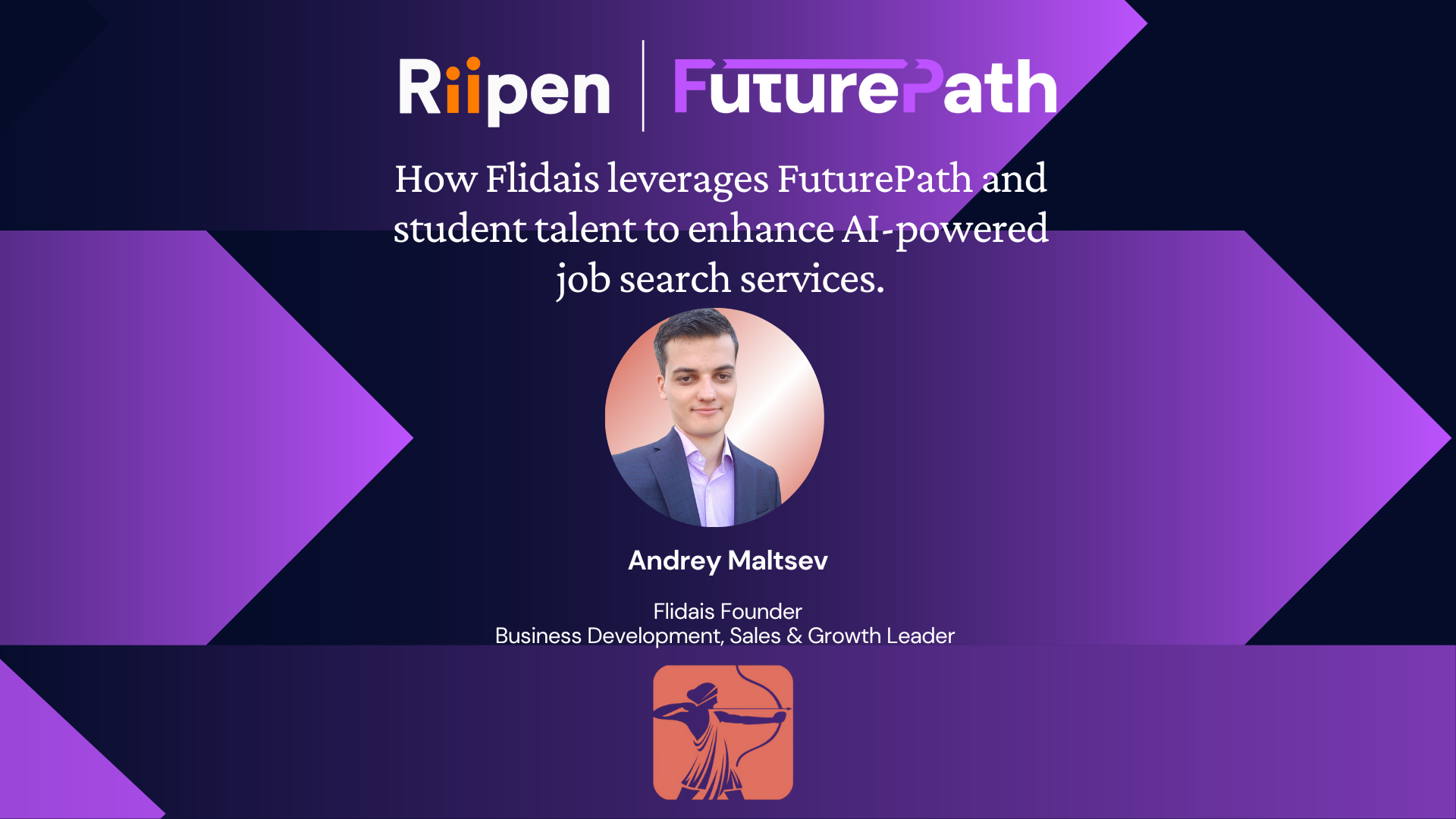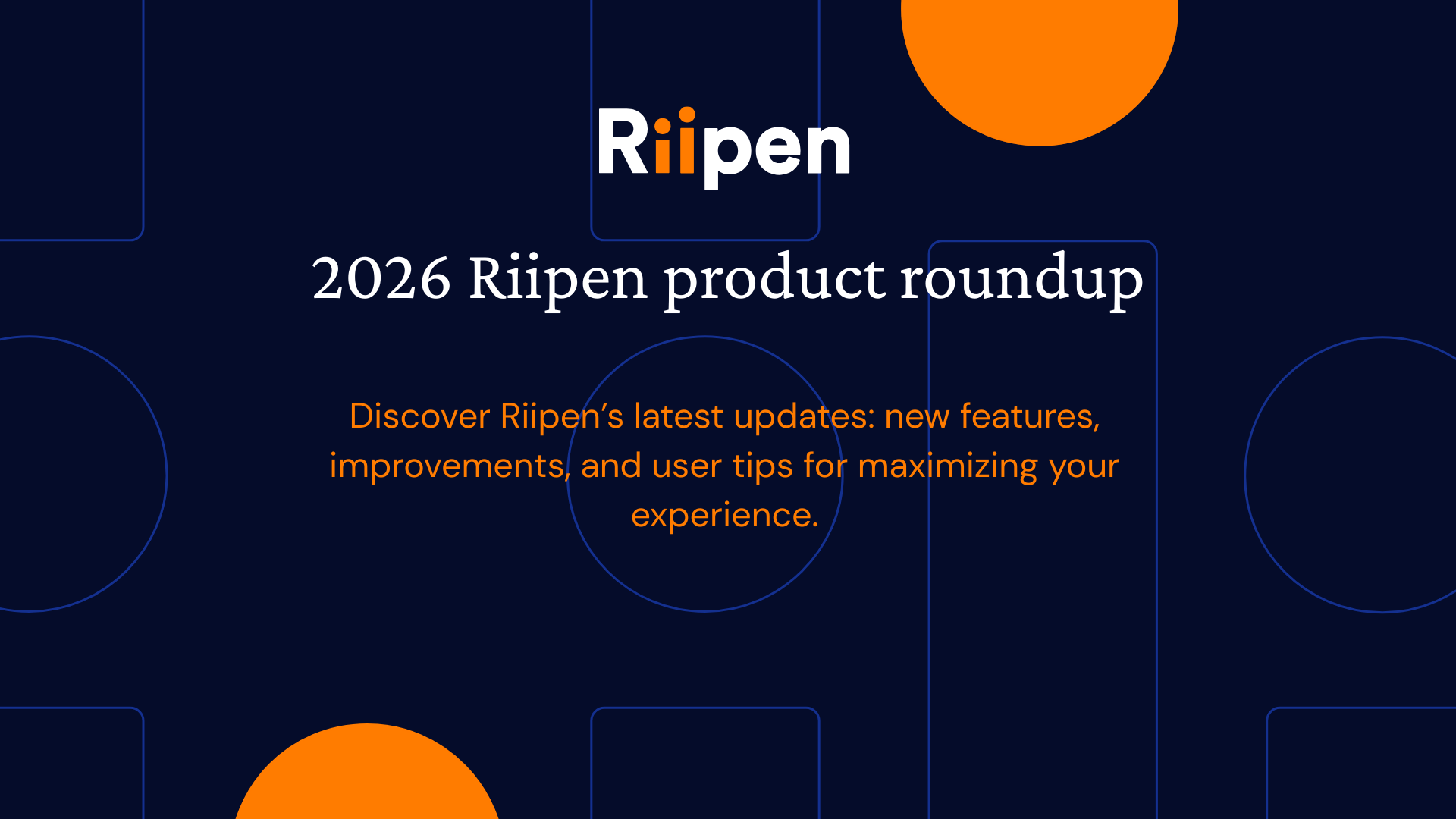Experiential learning: Coming soon to a workplace near you

Every April, an eager wave of students head out for their summer internships. Remember your first summer job? Learning on the job (or “work-integrated learning”) is one of the best ways for youth to learn professional and interpersonal skills. But work placements are hard to come by: only 1 in 25 higher education students have the opportunity to have an internship or coop.
Why is experiential learning good for students?
Experiential learning is “learning by doing.” Students apply their skills to hands-on projects in which they practice their “hard skills” and “soft skills” (like communication and teamwork). When students participate in experiential learning with off-campus partners, they benefit by building their networks and gaining career clarity. Students who have participated in experiential learning double their employment success rate. Students also benefit in school; experiential learning increases retention, boosts graduation rates, and enhances student engagement. All of these factors help make the college-workforce transition smoother and more successful.
How popular is experiential learning?
Many colleges—such as Northeastern, Seton Hall University, and California Polytechnic State University at San Luis Obispo, to name just a few—now require experiential learning to graduate. The largest system of higher education in the United States—the State University of New York (SUNY)—has committed to making applied experiential learning available to all of its 600,000 students. Shopify, Siemens, and Microsoft are also investing heavily in experiential learning. RBC is investing $500 Million over 10 years via its Future Launch program.

How do employers benefit from experiential learning?
Organizations appreciate the new, fresh ideas that Millennials and Centennials bring. By engaging with students who are doing experiential learning projects, employers can build and diversify their talent funnel. When new employees have previously had work experience with a company, they onboard faster, are productive sooner, and tend to be retained longer.More than 9 out of 10 employers responding to the National Association of Colleges and Employers Job Outlook survey prefer that their candidates have work experience. More than two thirds of employers indicate that they prefer their candidates to have relevant work experience, preferably through some kind of workplace-based learning.
How does Riipen deliver experiential learning?
Riipen’s experiential learning platform connects university and college students to organizations through customizable online experiential learning that complements traditional co-ops and internships. Based in Vancouver and Toronto, Riipen offers experiential learning across North America; in 2017, Riipen connected 12,000 students to organizations in our network of 10,000 partners.










.png)



























